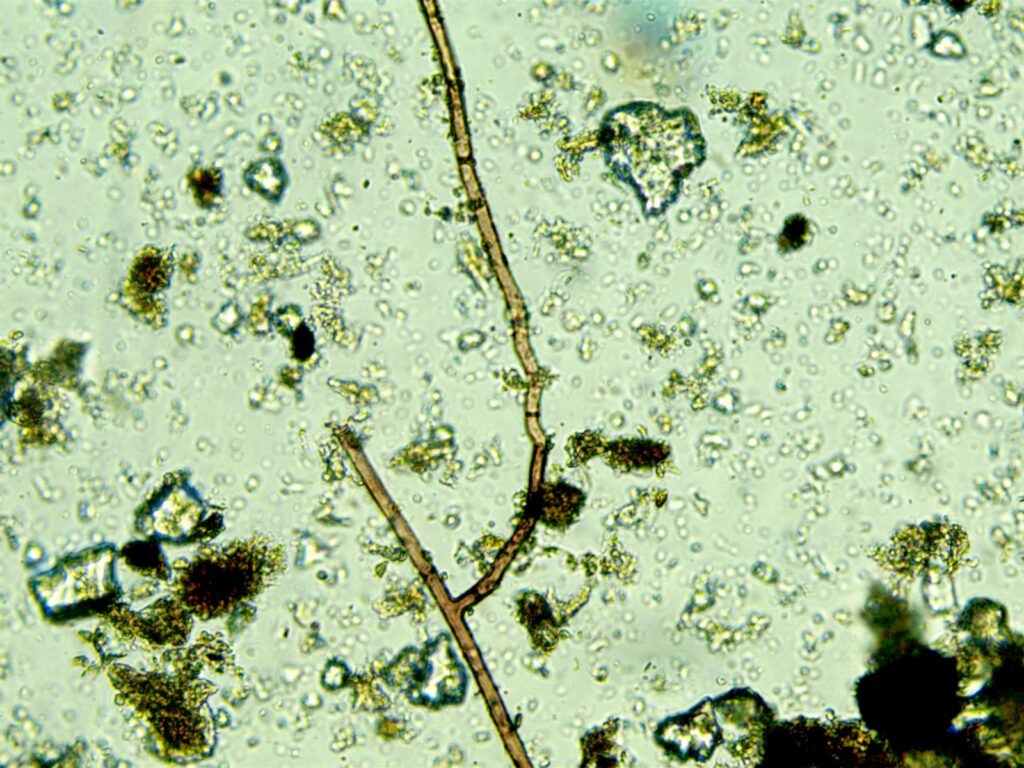Nutrient cycling is a critical process in soil health that can have important benefits for plant growth and the environment. When we apply fertilizers or other soil amendments to our lawns and gardens, those nutrients are not always fully utilized by plants, and they can be lost to the environment through runoff or leaching. However, when we focus on improving soil health and promoting nutrient cycling, we can create a more sustainable and efficient system that benefits both plants and the environment.

Nutrient cycling refers to the process by which nutrients are cycled through the soil ecosystem, from organic matter to soil microorganisms to plants and back to the soil. This process is facilitated by a diverse community of microorganisms, including bacteria, fungi, and other organisms, that help break down organic matter and make nutrients available for plant uptake. When we focus on promoting nutrient cycling in our lawns and gardens, we can help create a more balanced and sustainable system that reduces the need for additional fertilizers or amendments.
There are many benefits to promoting nutrient cycling in our soils, including:
- Improved soil structure: Microorganisms play a critical role in building and maintaining soil structure, which can improve water infiltration and retention, reduce erosion, and promote plant growth.
- Increased organic matter: Nutrient cycling can help break down organic matter and build soil organic matter, which can improve soil fertility, water-holding capacity, and nutrient availability.
- Reduced nutrient loss: By promoting nutrient cycling, we can reduce the amount of nutrients that are lost to the environment through runoff or leaching, which can help protect water quality and reduce the need for additional fertilizers.
- Improved plant health: Nutrient cycling can help make nutrients more available to plants, which can improve plant growth, vigor, and disease resistance.
When we focus on promoting nutrient cycling in our soils, we are not only improving the health and productivity of our lawns and gardens, but we are also contributing to a more sustainable and environmentally friendly system. By emphasizing the importance of soil health and the benefits of nutrient cycling to our customers, we can help them understand the value of our services and the importance of investing in soil health for the long-term.